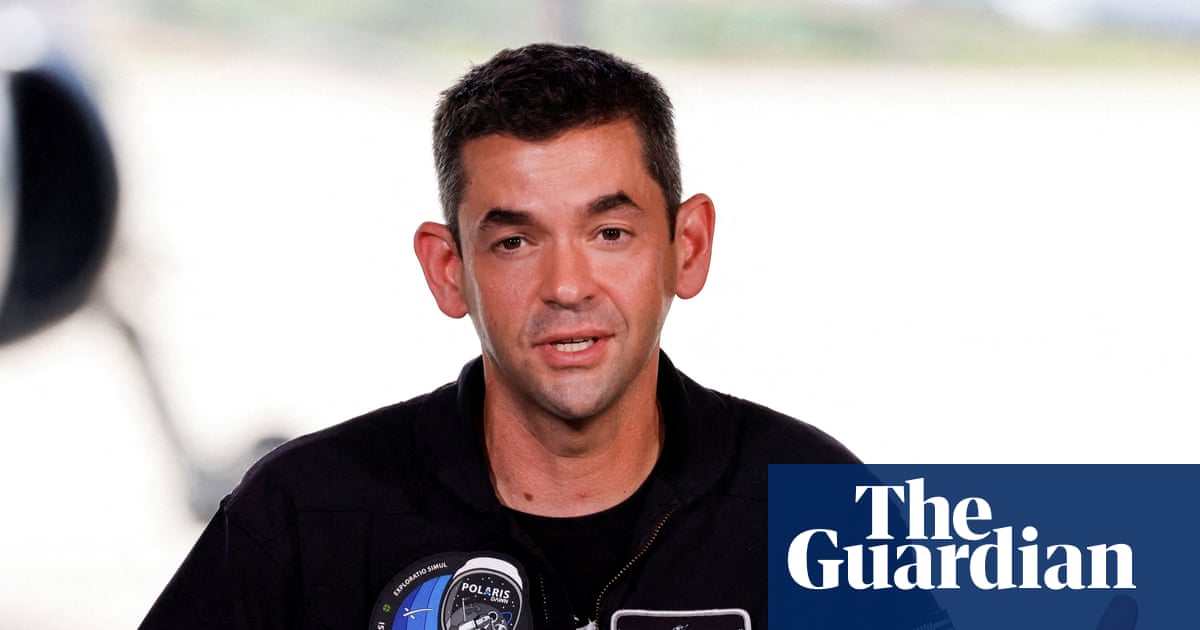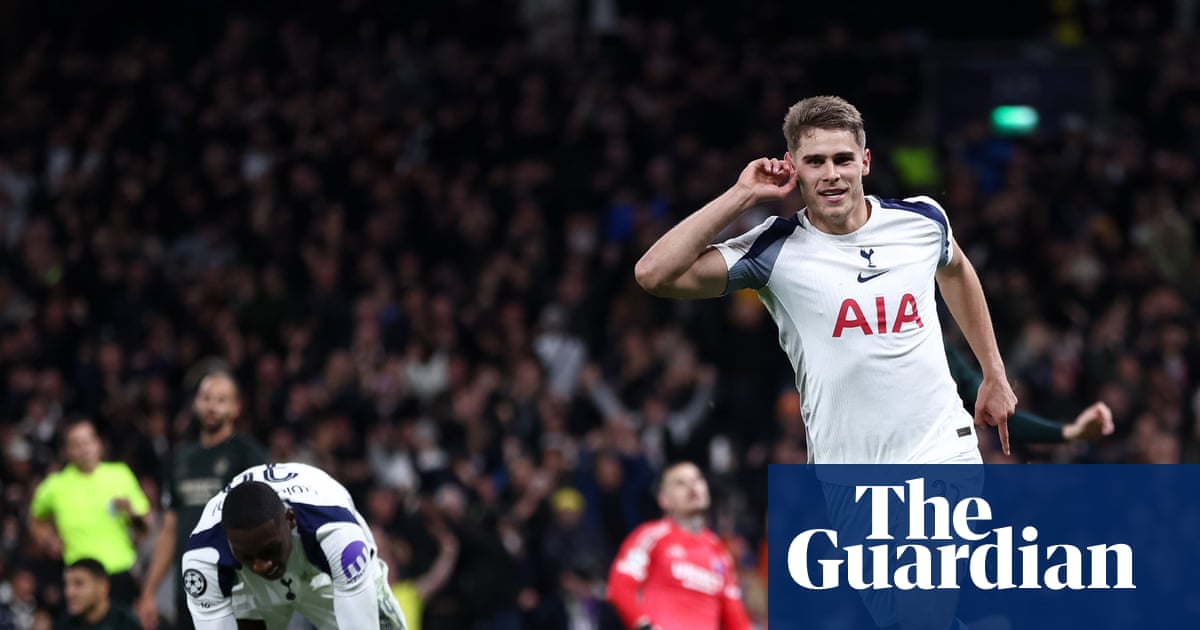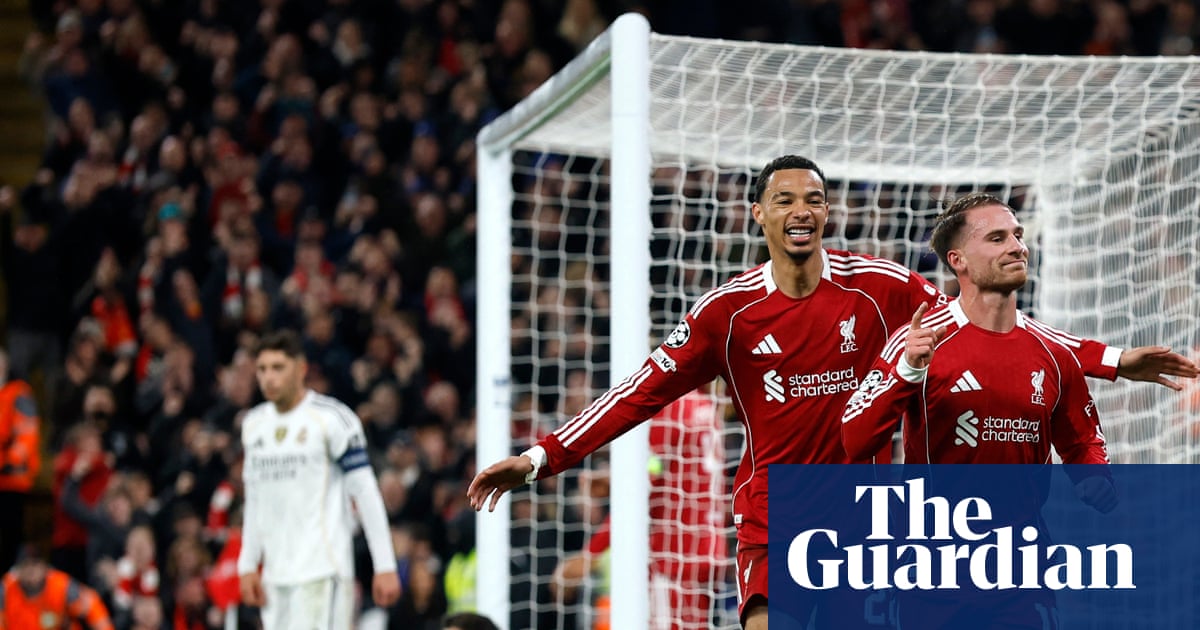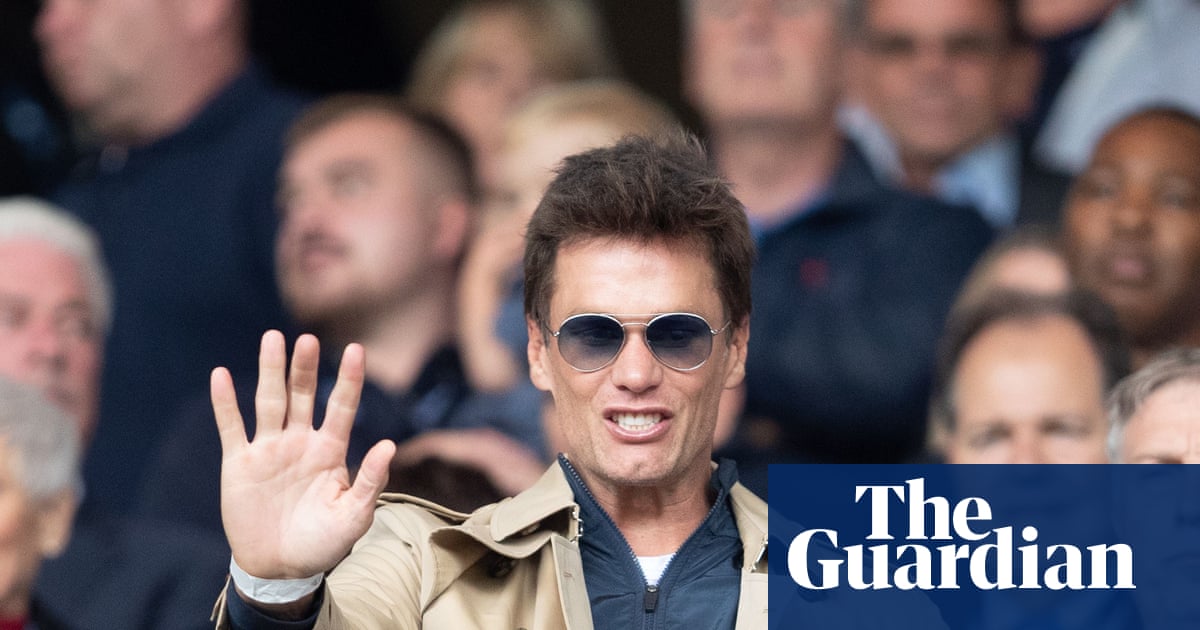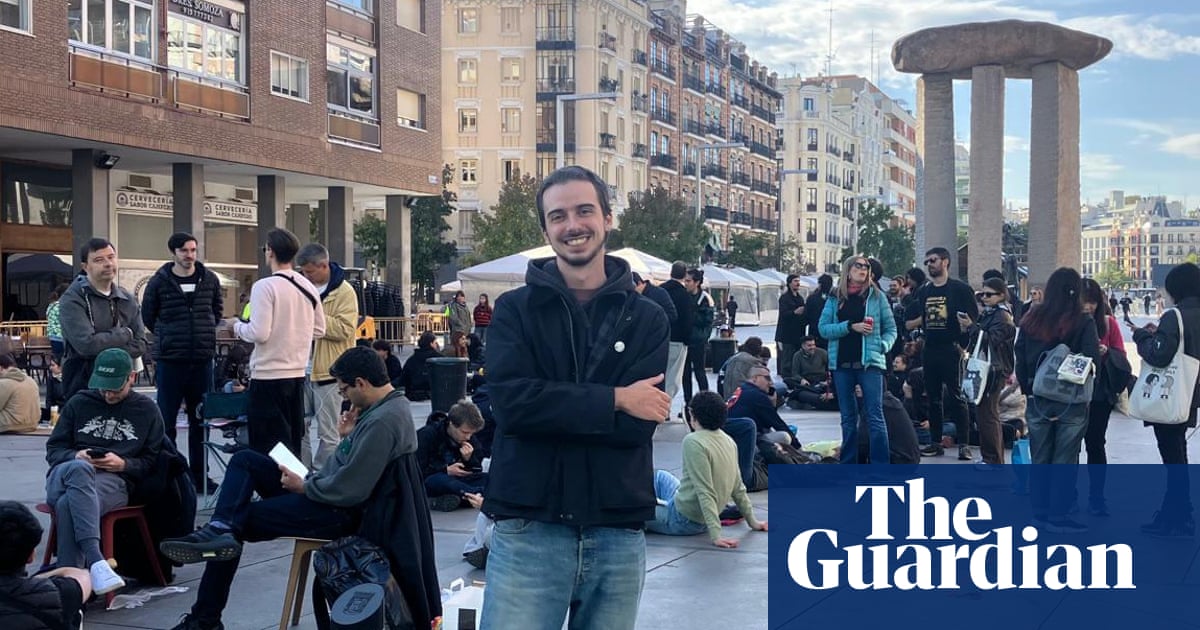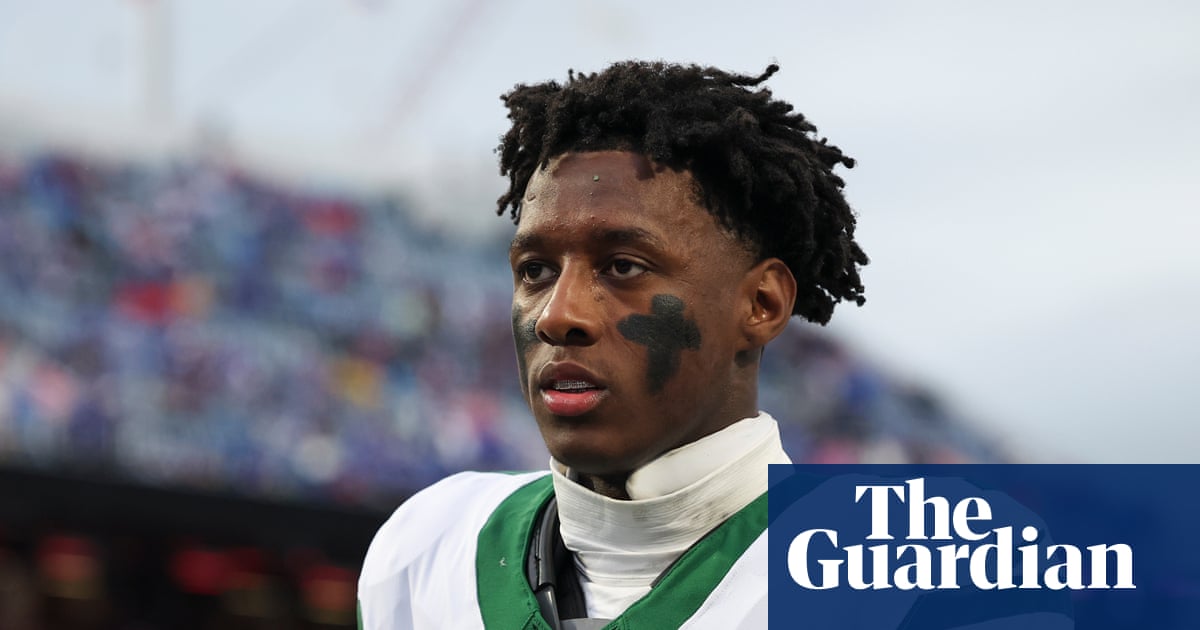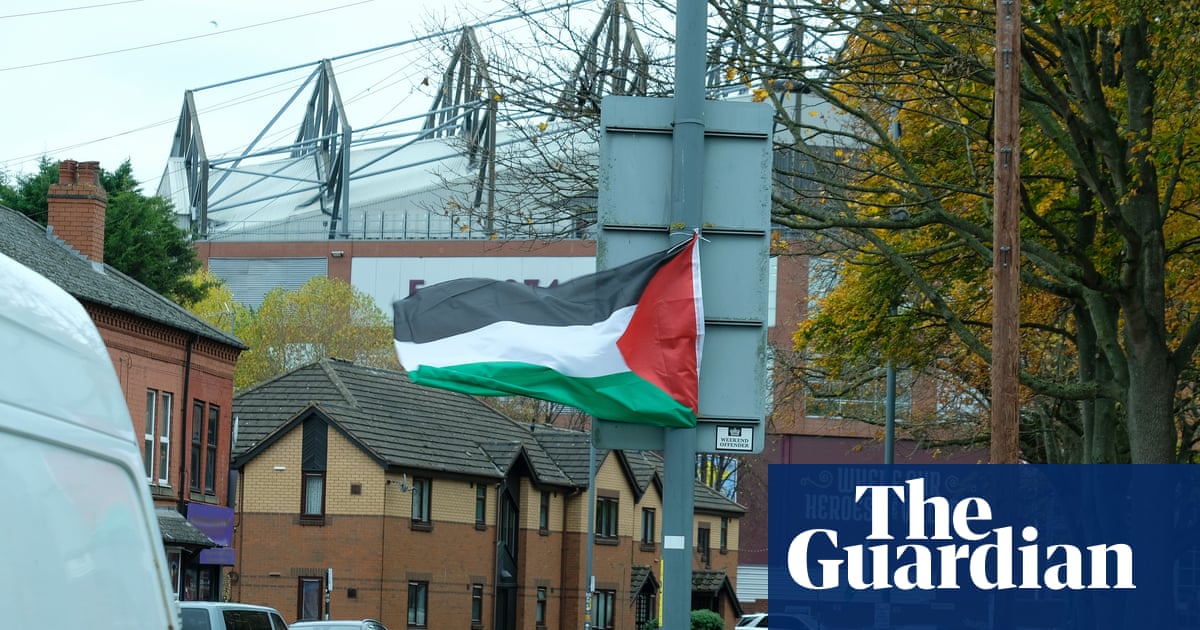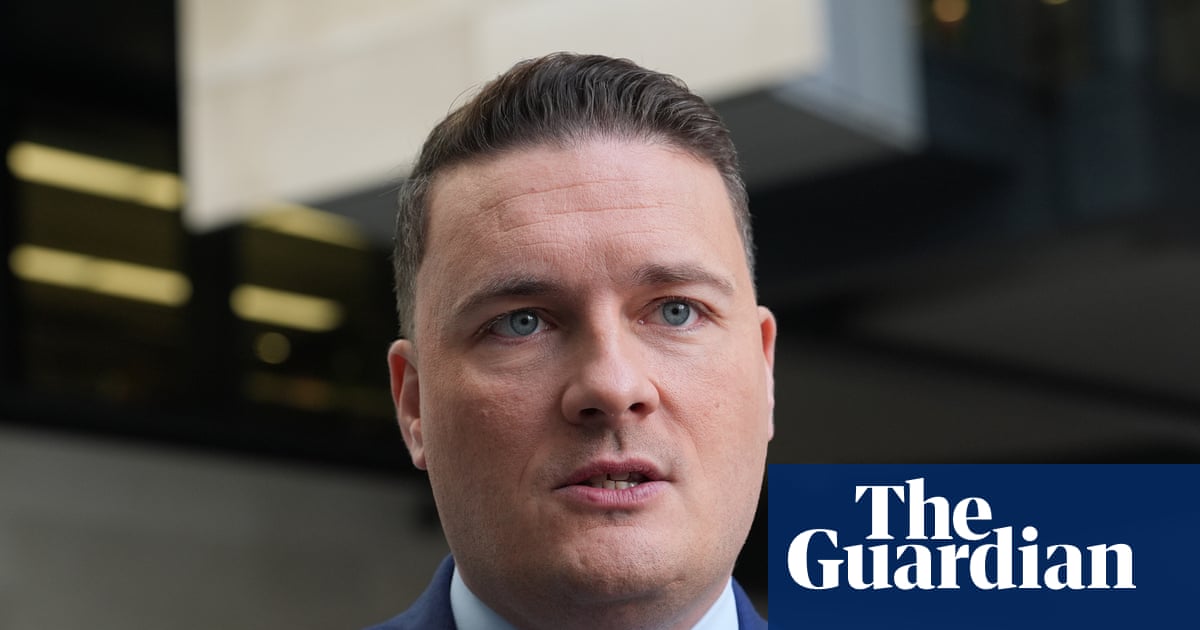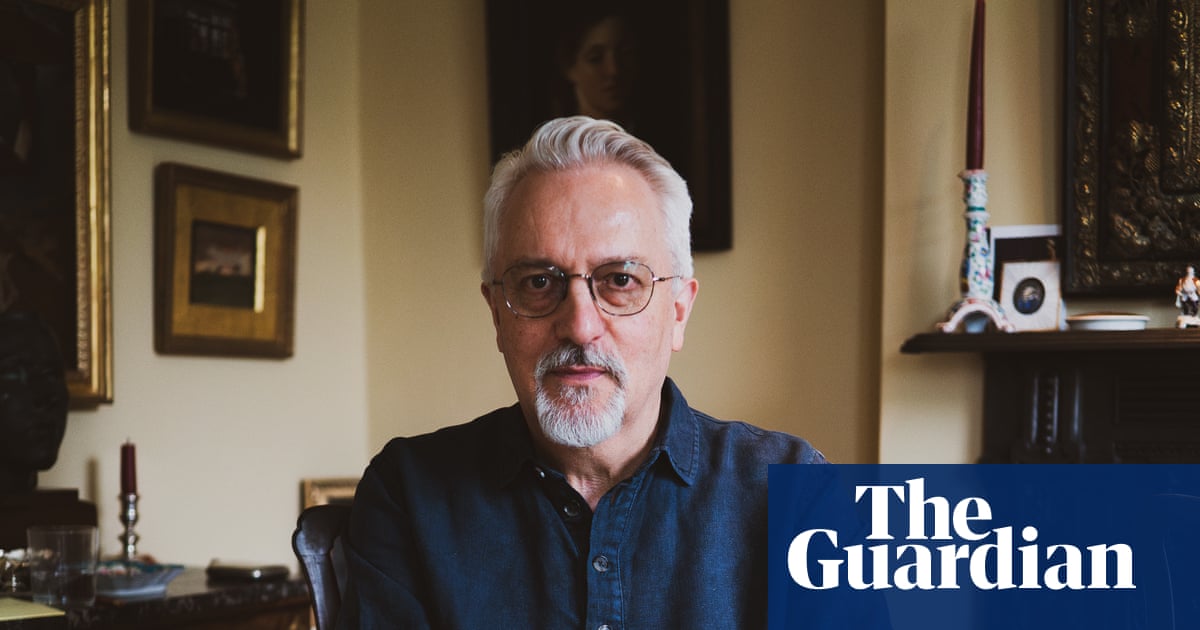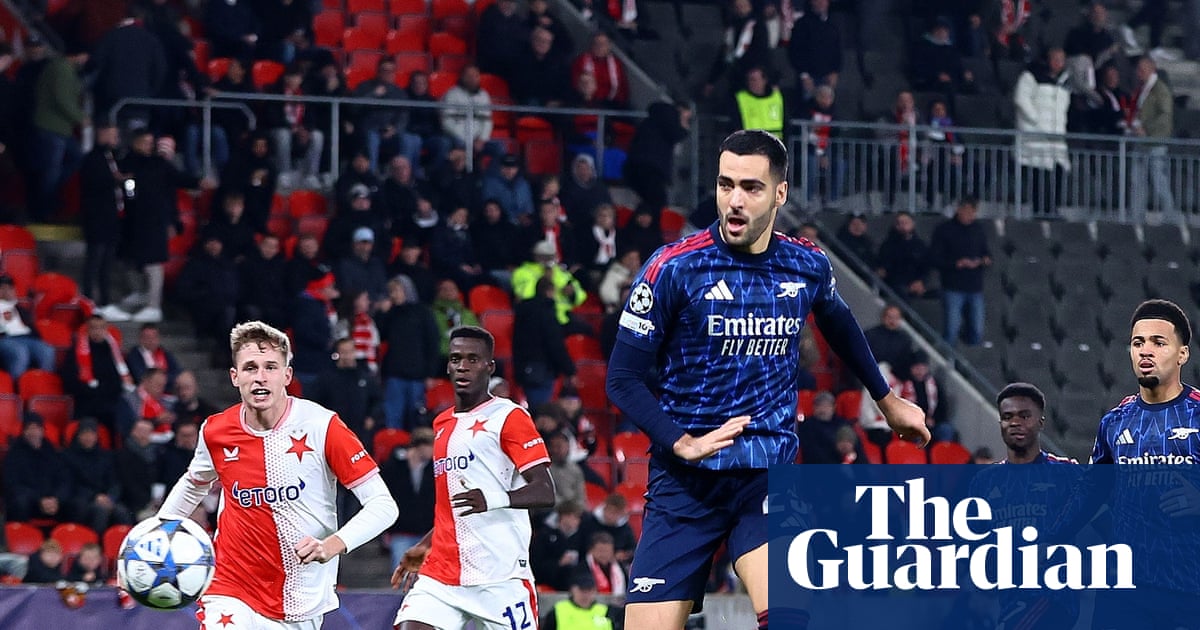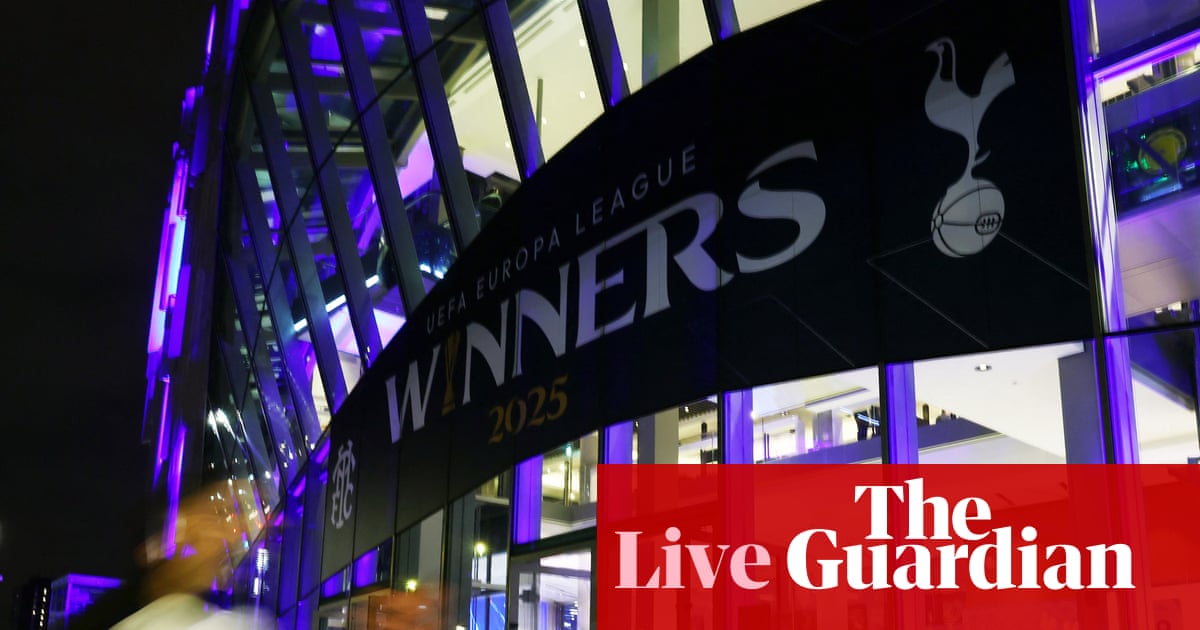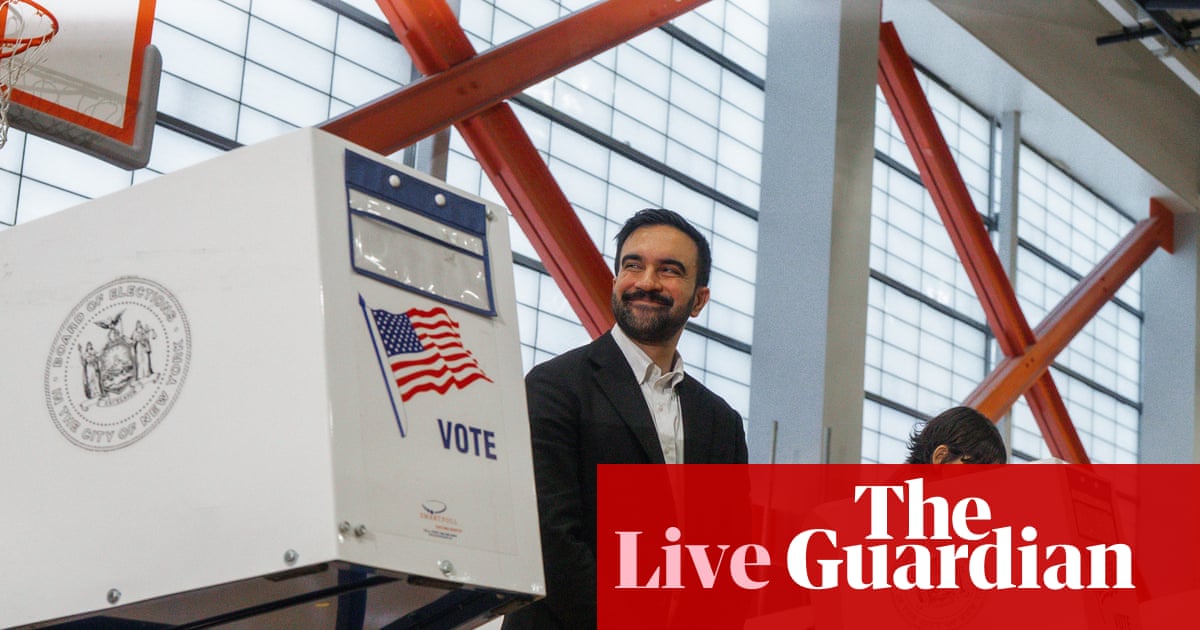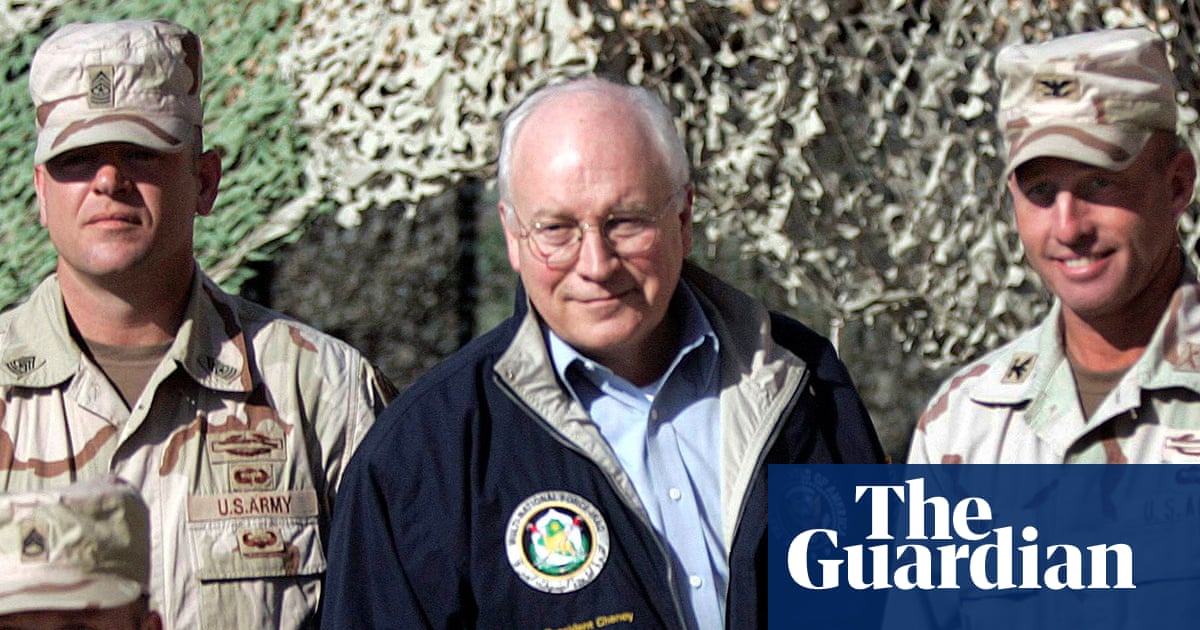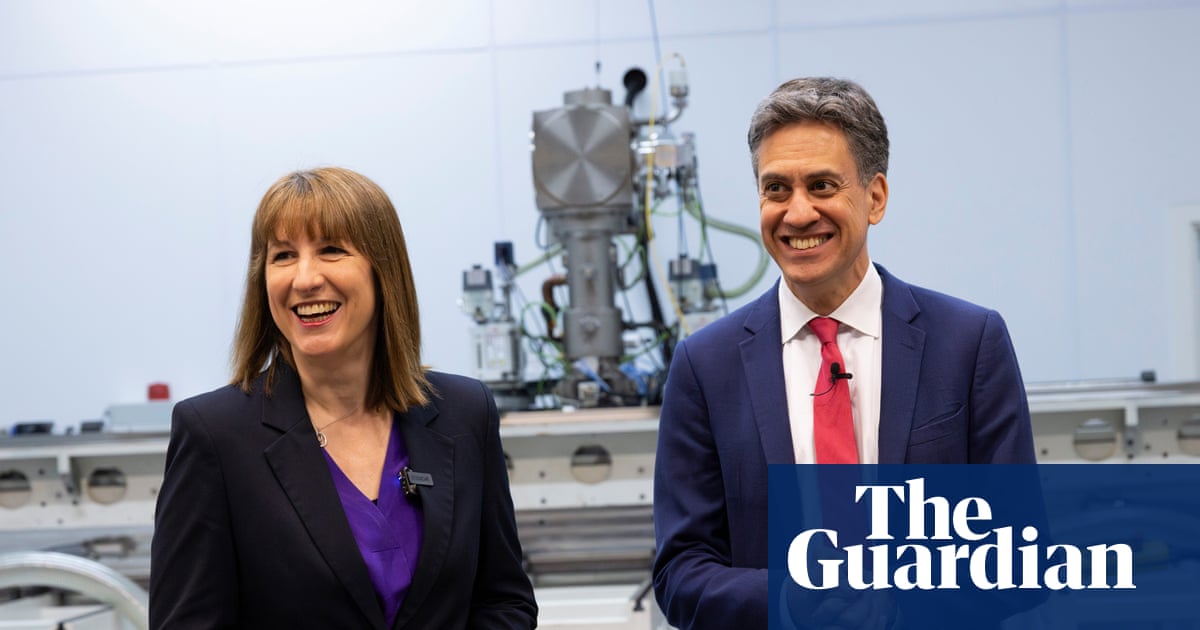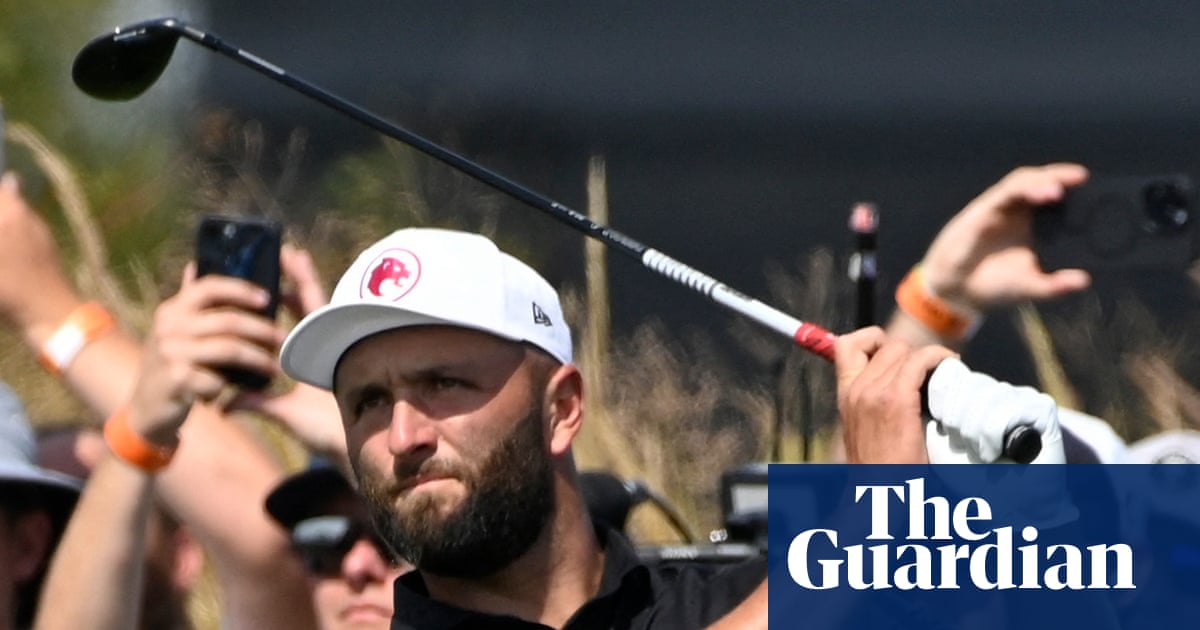In 2005, I was in my late 20s and just getting going as an actor. Nick Hytner cast me in his production of Henry IV Parts One and Two, with Michael Gambon as Falstaff. It was front-page news: the expectations on him were so ridiculous. And it didn’t quite work, at first.
My central role was Westmoreland, but Nick had sort of amalgamated him with several boring lords, normally played by kindly old veteran actors, and “sexed” it up with a young cast. So as a young actor I had an assortment of funny little cameos, working with Gambon.
Michael always played as if the most interesting person on the stage was the one he was talking to. His mission to corpse me, to just get something from me – a reaction, a laugh, whatever it was – was so alive in his eyes. And I’ve tried to do that ever since. I mean, sometimes you look into somebody’s eyes on stage and you’re looking into a void. But when Gambon found somebody that he could connect with, it was more fun than I’d ever imagined.
In the recruiting scene in Gloucestershire, three-quarters of the way through, when Shakespeare really puts the brakes on the story, I was Francis Feeble, whom Falstaff enjoys calling a “woman’s tailor”. Nick had managed to coax John Wood out of retirement to play Justice Shallow [meeting his old friend Falstaff]. I was too young really to understand the impact he had had on a certain generation of theatregoers. But there was always a gasp of excitement when he appeared.
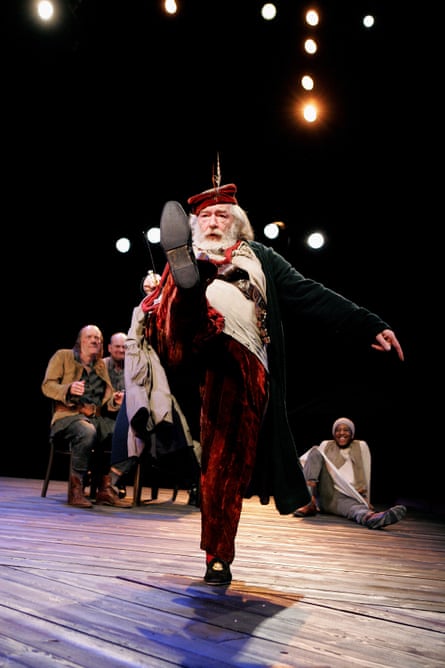
Gambon was in his pomp, “the Great Gambon”, but John Wood scared the bejesus out of him. He was scary, the great intellectual Shakespearean with a famously quick temper. He was by then diminished with emphysema but still had astonishing power even when forced to use his falsetto. Gambon suddenly had to try hard. He stopped his insouciance and raised his game.
Wood’s first line was two words, “come on”, repeated three times. You need a master to make use of that. It took maybe two minutes for him to say them. But an alchemy of connection happened. I could feel it at the back of the stage. Wood was doing absolutely nothing, not playing, absolutely trusting Shakespeare fundamentally. It was magnificent.
We didn’t get great reviews. But the production rapidly became legendary in acting circles because Gambon became the Lord of Misrule, soaking backstage with water fights. It got to the point where I was permanently wet, we all were. Michael would throw a water bomb at me as I walked on stage. The poor actors in the building doing the other shows had to step through puddles. Gambon was Falstaff on and off stage, it was as simple as that, and we became the Rogues’ Company.
That anarchy off stage made the show better. It’s horribly pretentious to say, but I think this was the spirit of Shakespeare’s company. There was this conviviality, this camaraderie. People were turning up to work early, leaving late, even hurrying their scenes to get back to the action.
I also learned something that directors and producers and critics don’t want to know about – which is that productions evolve, especially during the “little hiatus” in a National Theatre production while another show is opening. In ours, Richard Harris had just died and Gambon had got the Dumbledore gig. So the production company flew him out to America and he had new titanium gnashers fitted.
When he came back, he suddenly had these brilliant teeth. We heard lines that had been indistinct the first time, when we had thought he didn’t know his lines. We took 20 minutes off the show, which is unheard of, because he had become so distinct and clear. For the final three weeks you saw an astonishing piece of work.
-
Elliot Levey is in Giant at the Harold Pinter theatre, London, until 2 August
-
As told to Lindesay Irvine

 3 months ago
68
3 months ago
68
